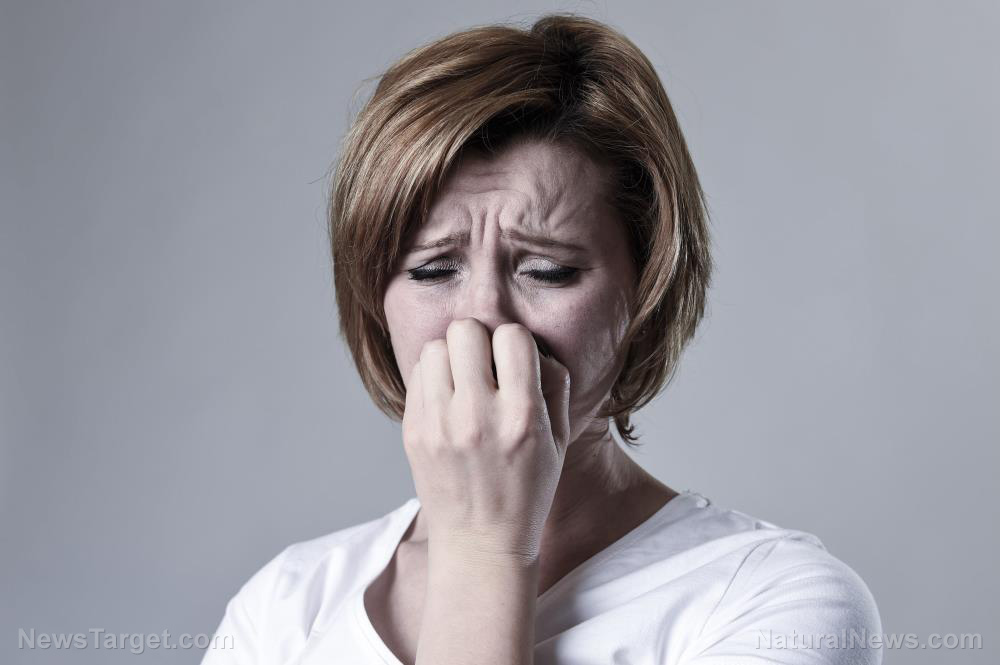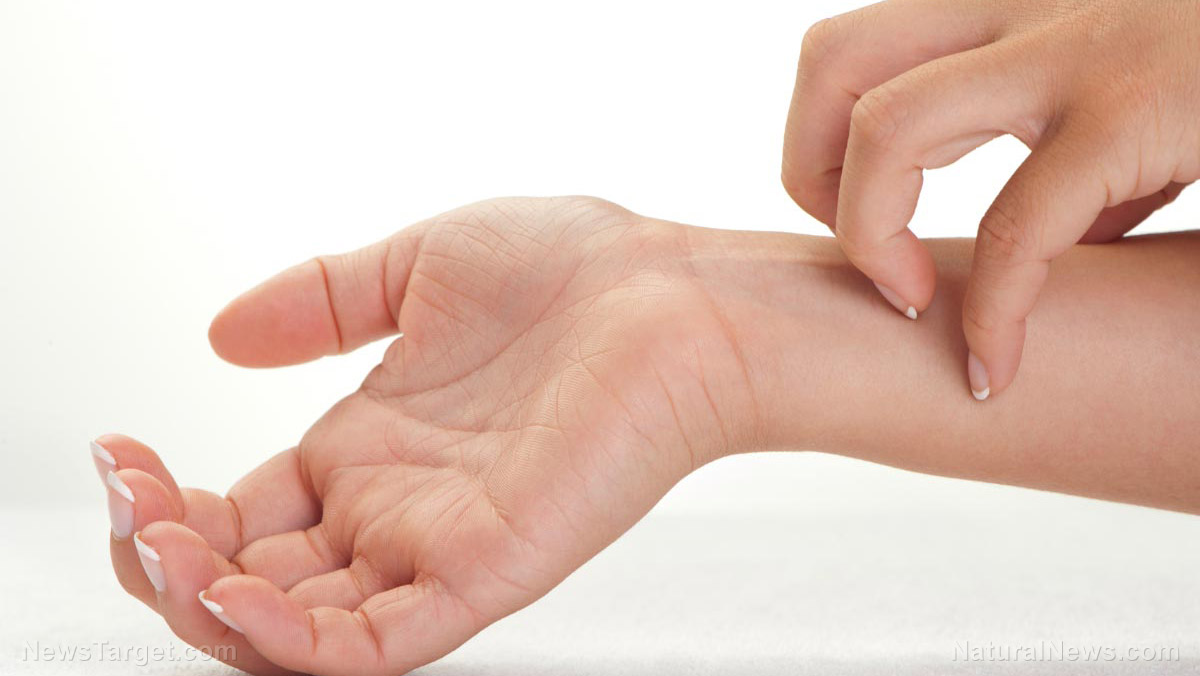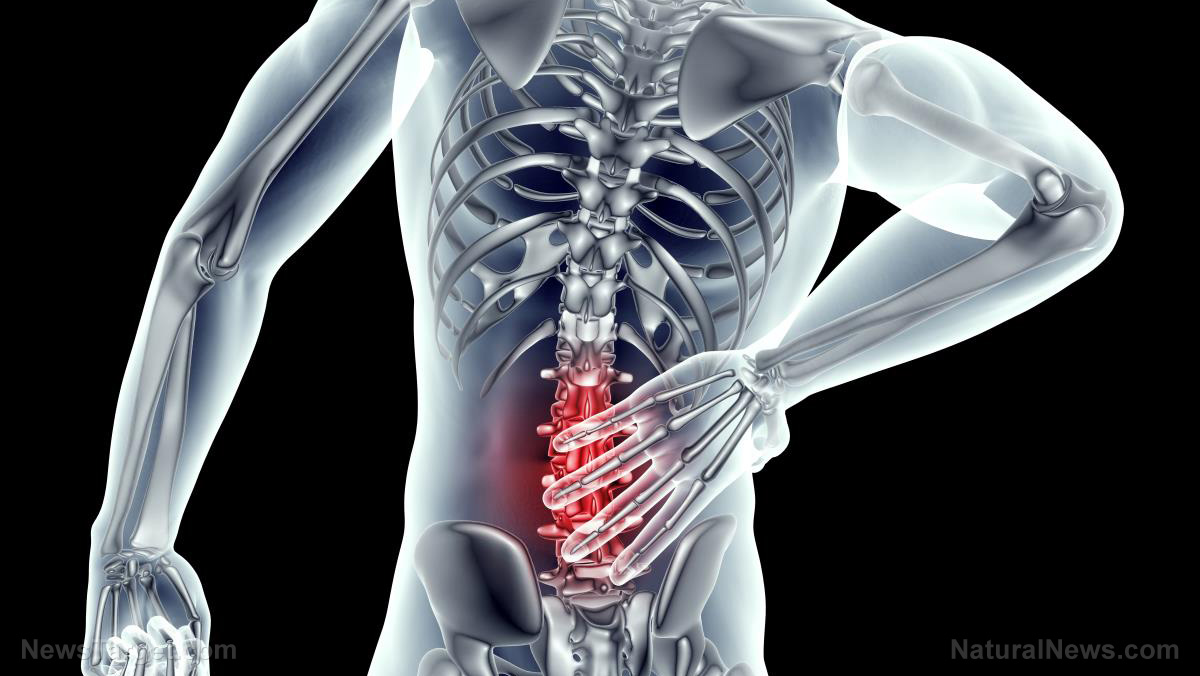It’s okay to cry: Crying may have physiologically soothing effects, say scientists
06/02/2020 / By Zoey Sky

Crying often indicates weakness or sadness in popular media, but according to a study, this emotional response may offer a particular benefit: Regulating your breathing after stressful situations.
The aim of the study was to understand the functions of human crying and to determine if crying offered physiological benefits. The findings of the study were published in the journal Emotion.
Is crying good for you?
Leah Sharman, the study’s lead author, explained that she and her fellow scientists wanted to find out how crying can benefit humans. They also wanted to get a different perspective on why crying is associated with feeling better.
It is said that crying helps eliminate toxins and triggers some biological change that allows a person to deal with stressful or painful situations, prompting the researchers to try and test that.
For the study, the team worked with 197 female undergraduate students who were randomly assigned to watch either a sad or an emotionally neutral video for 17 minutes. The researchers noted that about 50 percent of the volunteers who watched the sad video ended up crying.
The participants then underwent the Cold Pressor Stress Test, where they were told to place their hand in nearly freezing cold water. For this particular experiment, the scientists monitored the volunteers’ heart and respiration activity.
The volunteers also provided saliva samples so the researchers could measure their cortisol levels.
Crying and breathing
The researchers found that, contrary to what they expected, the volunteers who cried were unable to cope with the Cold Pressor Stress Test for a longer time. There was also no noticeable difference in the cortisol levels of the participants who cried and those who didn’t.
But the scientists found evidence that the volunteers who cried had an easier time regulating their breathing.
Sharman summarized their findings into two key points:
- Crying doesn’t change the levels of stress hormones or a person’s ability to cope with physical stressors to a substantial degree.
- The benefit of crying lies in how it helps keep the human body stable and calm by slowing down and regulating breathing and heart rate. (Related: Breathe your stress away: Yoga lowers blood pressure.)
The researchers acknowledged that their study has some limitations. Sharman said that she and colleagues are uncertain if these reactions will apply in real-world settings where crying could be caused by grief or loss. They also did not explore if crying in the presence of a friend makes a difference.
Sharman noted that due to the nature of the study, they couldn’t force the volunteers to cry. It’s likely that there is something different about people who are more likely to cry, particularly in a laboratory setting, that makes them more likely to respond in a certain way.
Sharman concluded that, like other things in life, crying can be just as harmful as it is believed to be helpful.
For example, many people think that crying makes them feel ashamed, embarrassed or judged. If you’re under the assumption that crying will make you feel worse, these physiological changes won’t make you feel better if you’re sad or stressed.
The science-based benefits of crying
Crying is a normal human reaction and it is often associated with these benefits:
Crying helps you self-soothe
Crying is one of the best mechanisms to self-soothe. According to a study published in the journal Frontiers in Psychology, crying activates the parasympathetic nervous system (PNS). The PNS helps your body rest and digest.
But these benefits aren’t immediate and it can take several minutes of crying before you feel the soothing effects of a good cry.
Crying detoxifies the body
There are three different types of tears: Reflex tears, continuous tears and emotional tears. Reflex tears clear debris like dust from your eyes.
Continuous tears lubricate your eyes and help protect them from infection, while emotional tears can offer several health benefits.
For instance, emotional tears contain stress hormones and other toxins while continuous tears are 98 percent water. According to experts, emotional crying can help flush harmful substances out of your system.
So if you’re feeling sad or stressed, don’t feel embarrassed about wanting to cry.
Visit Mind.news for more fascinating articles about crying and other emotional responses to stress or sadness.
Sources include:
Tagged Under: breathing, Cortisol, crying, destressing tips, detox, emotional health, mental health, mind body science, physiological changes, Psychology, research, sadness, self-soothing, stress, stress relief, stressors, tears
RECENT NEWS & ARTICLES
Natural.News is a fact-based public education website published by Natural News Features, LLC.
All content copyright © 2018 by Natural News Features, LLC.
Contact Us with Tips or Corrections
All trademarks, registered trademarks and servicemarks mentioned on this site are the property of their respective owners.



















